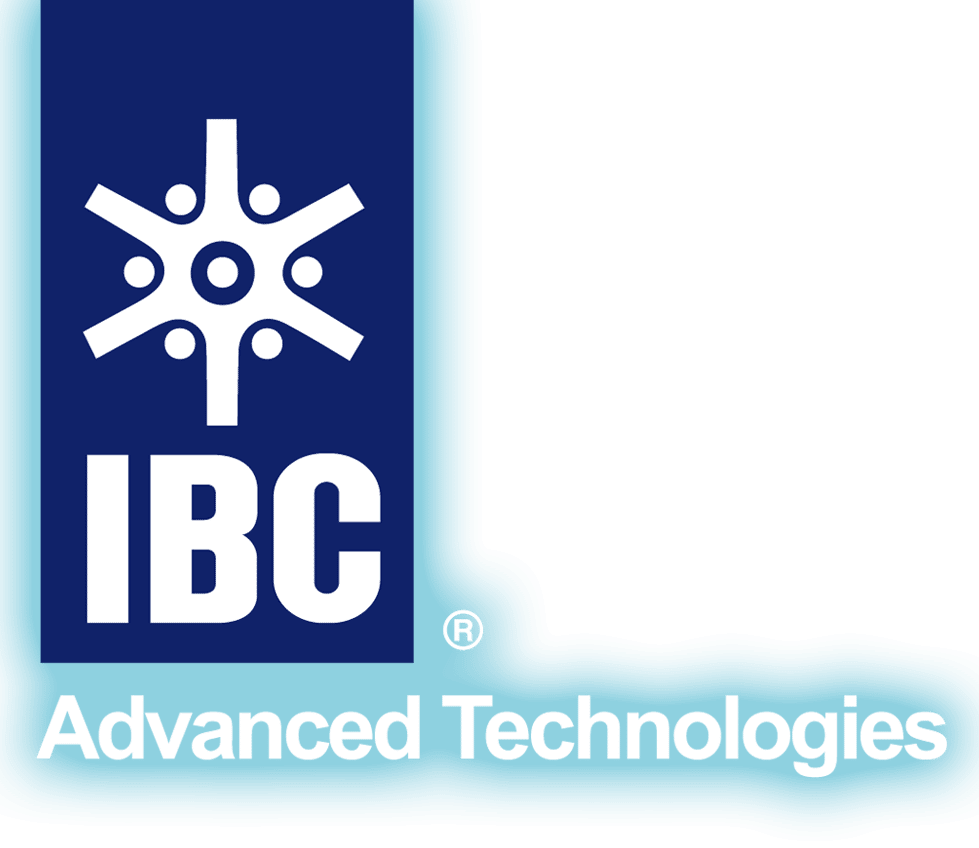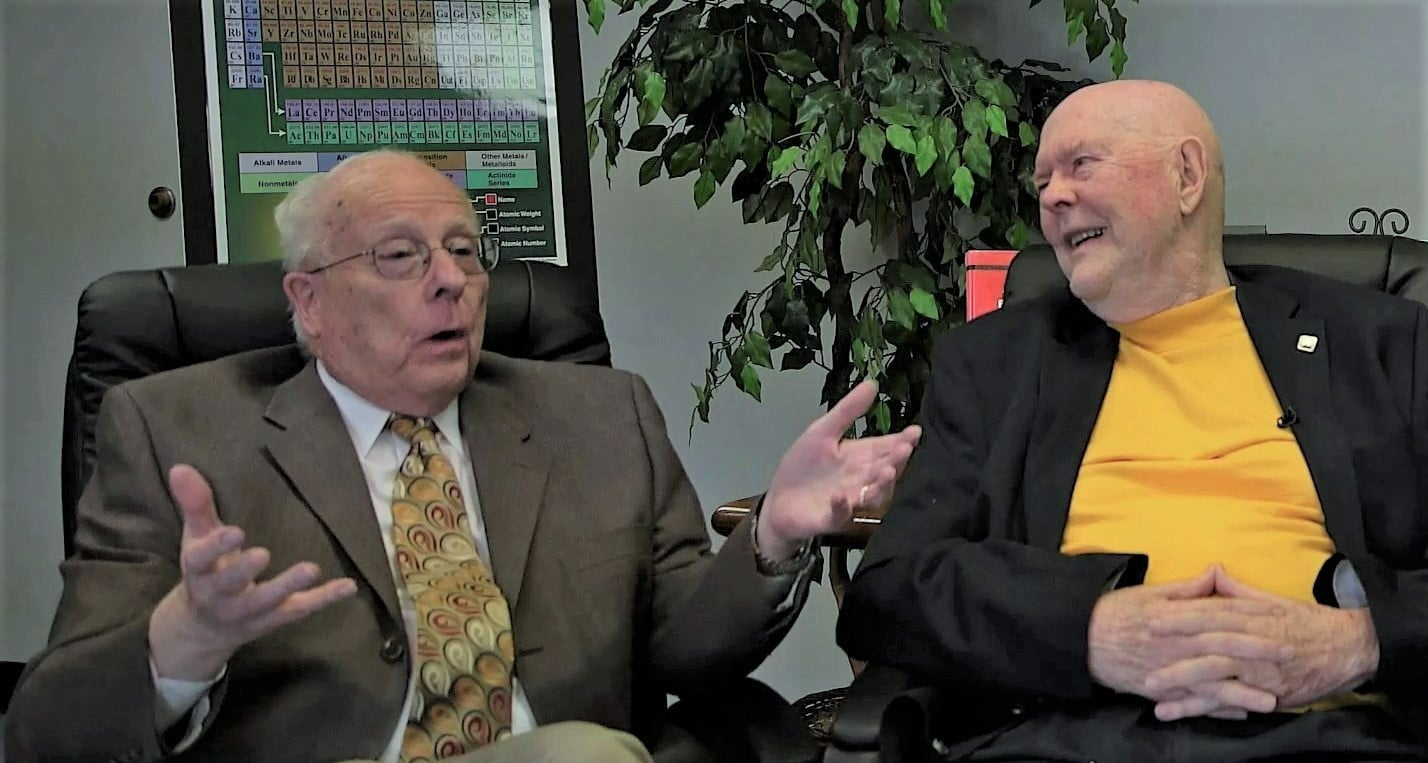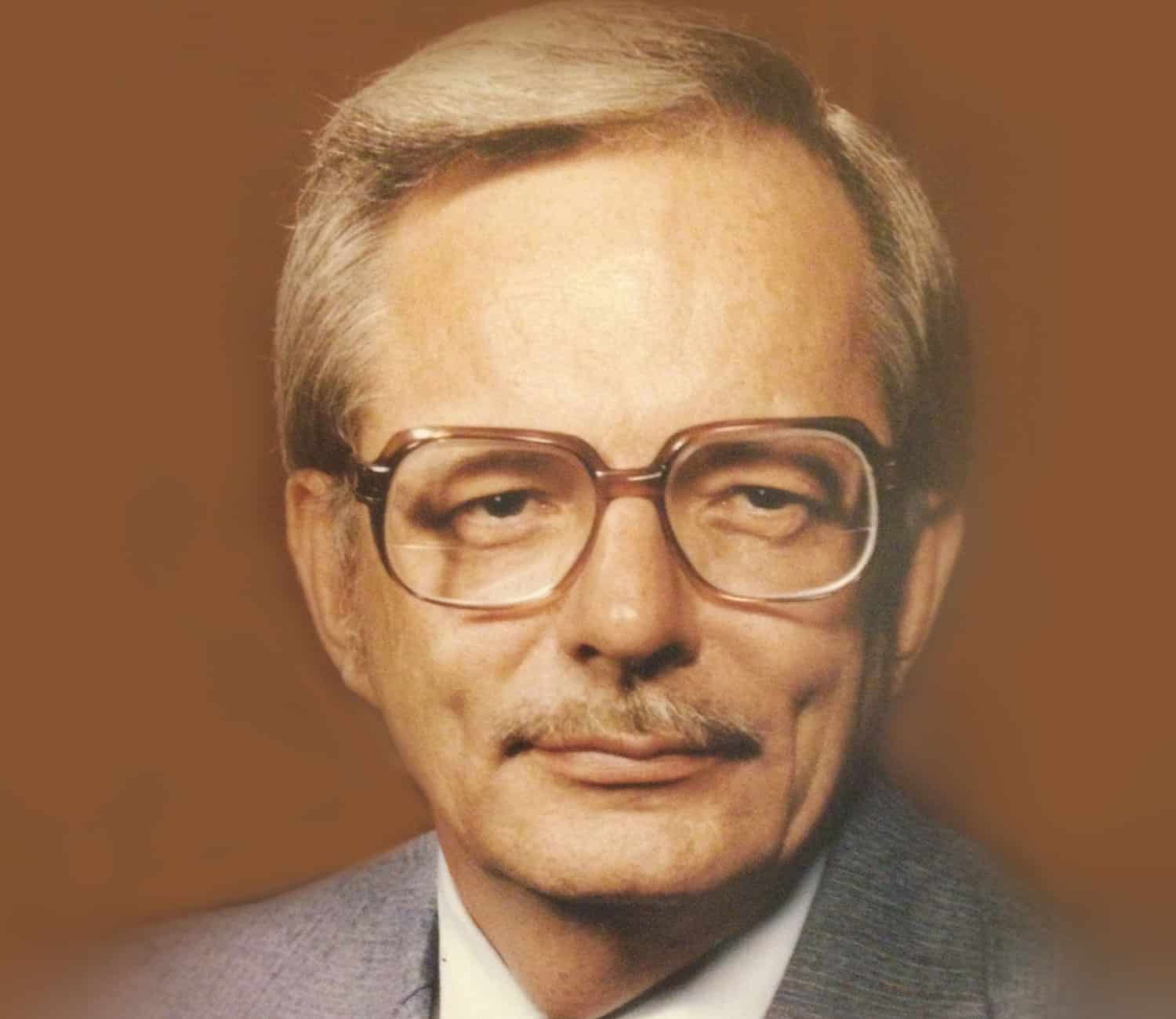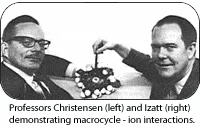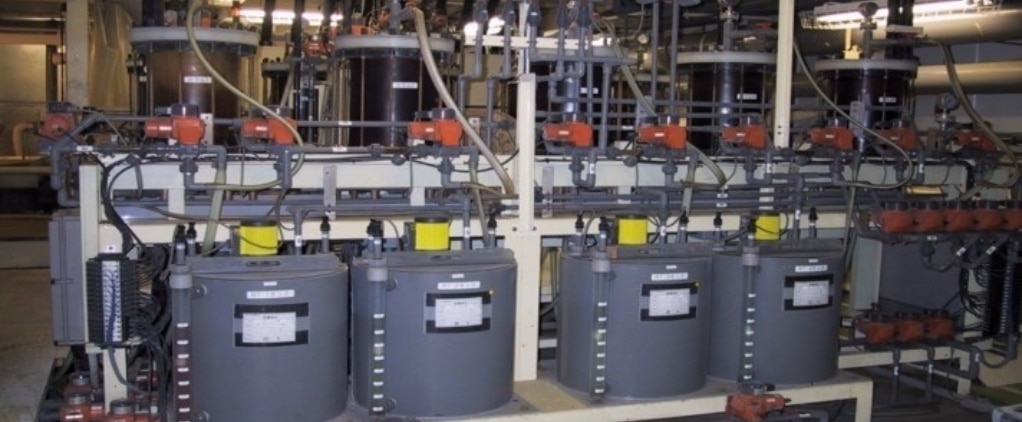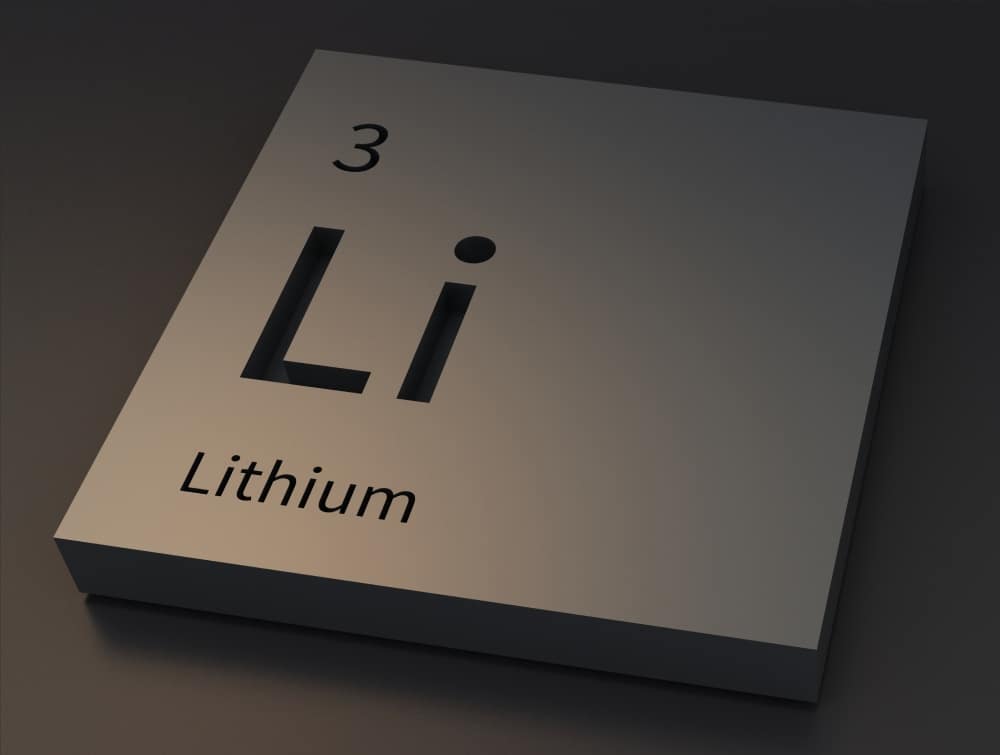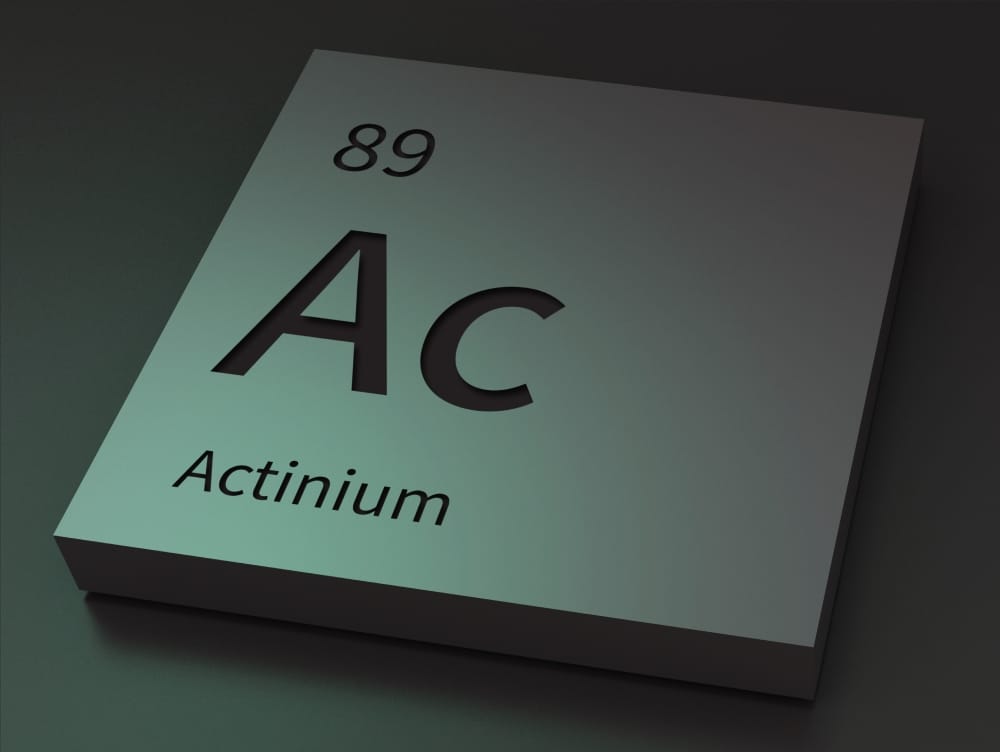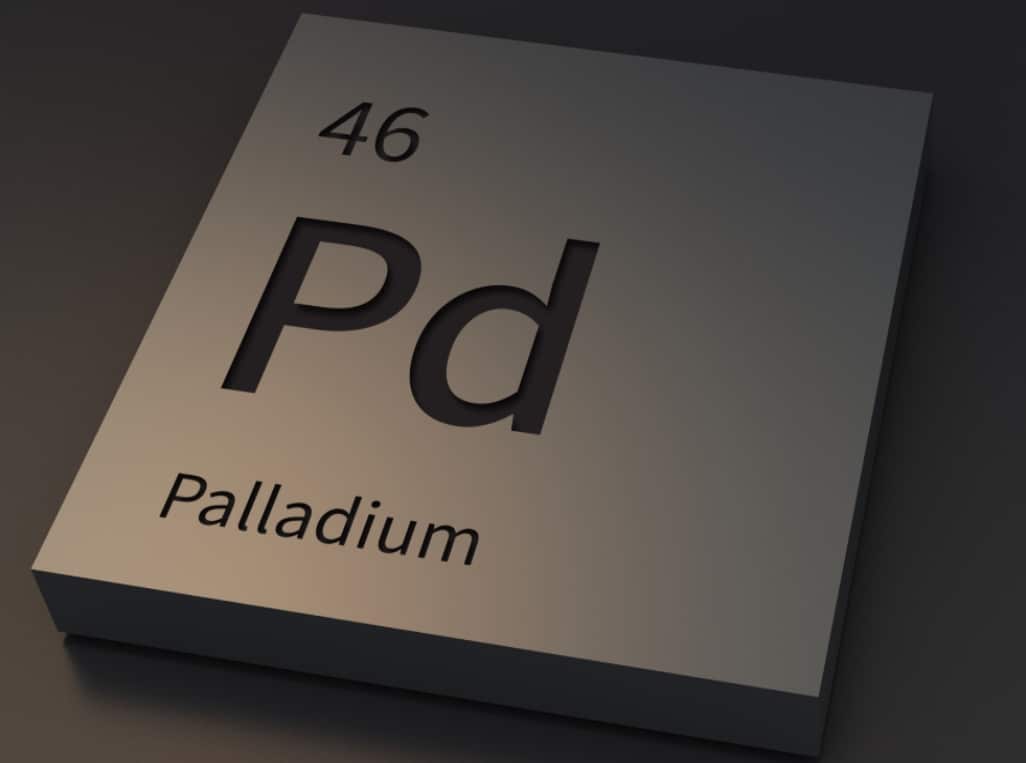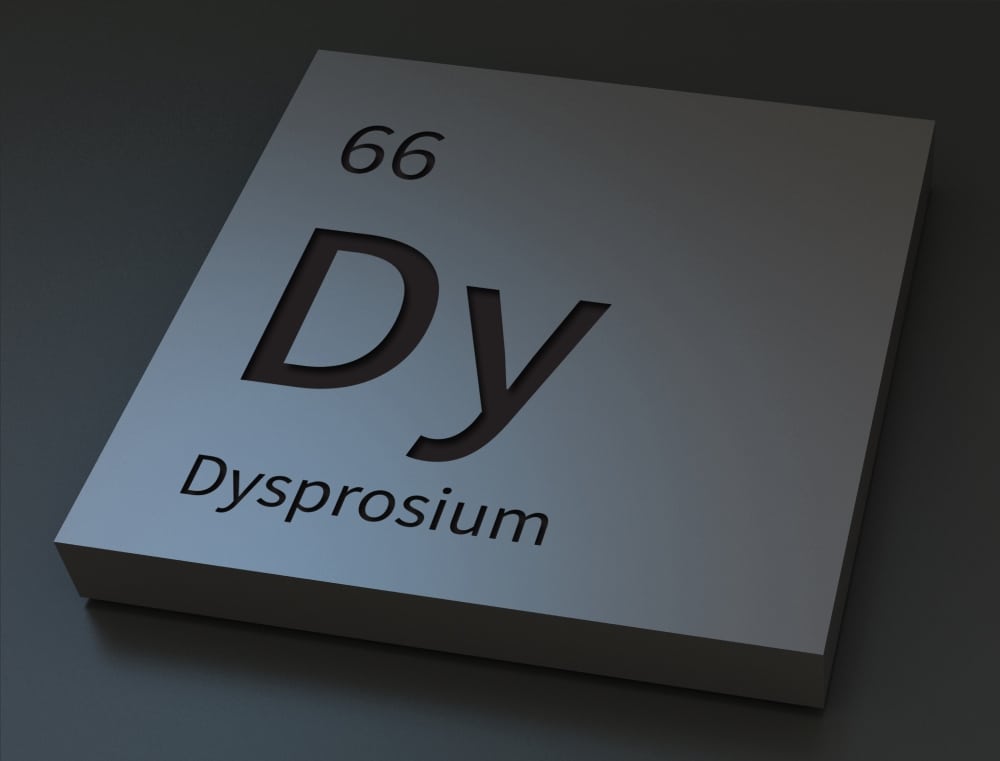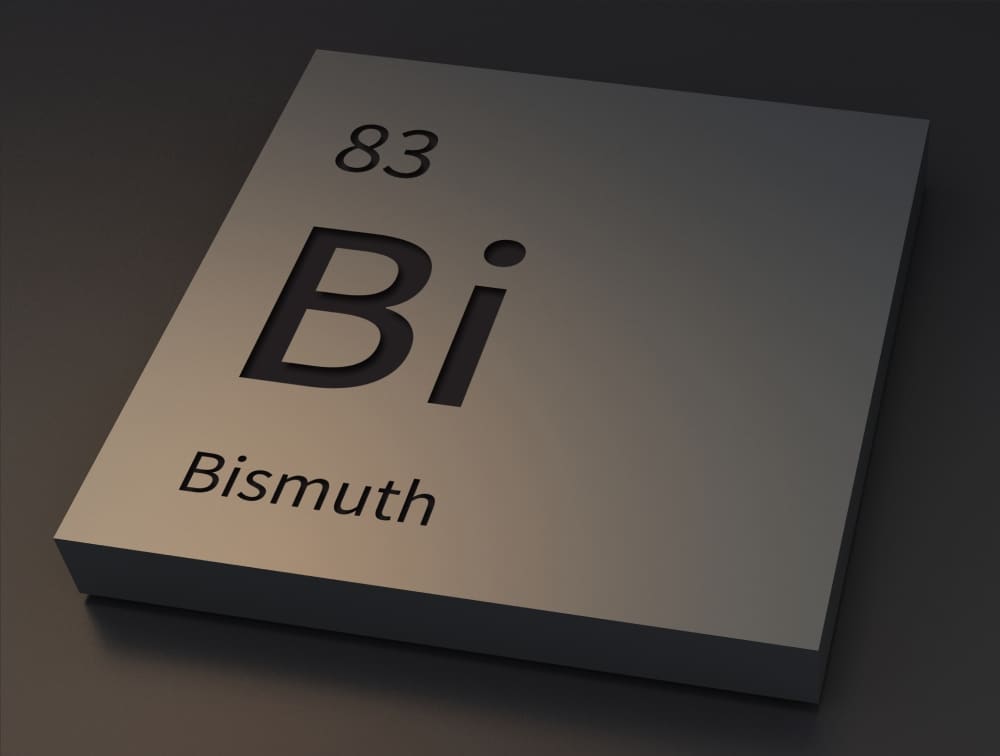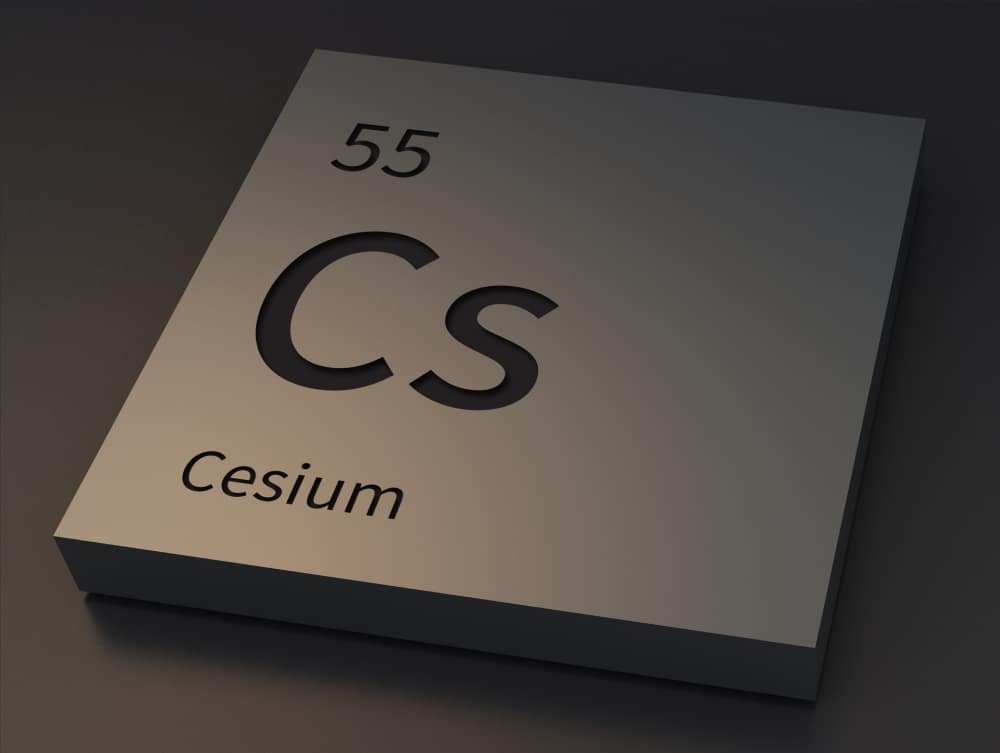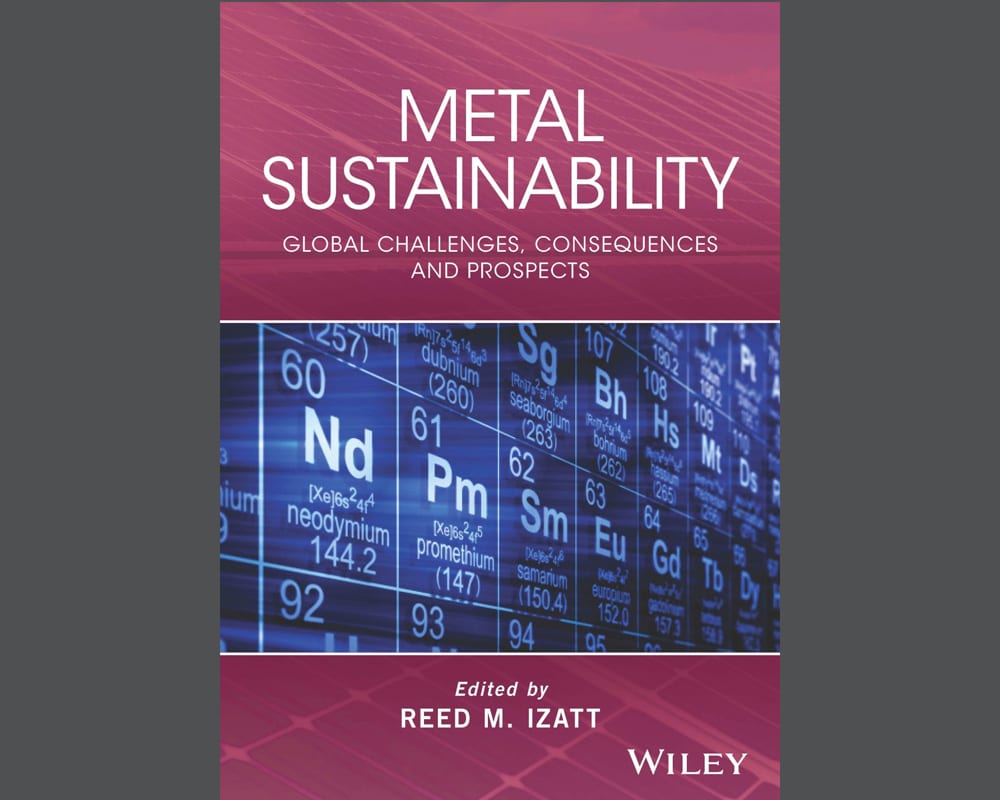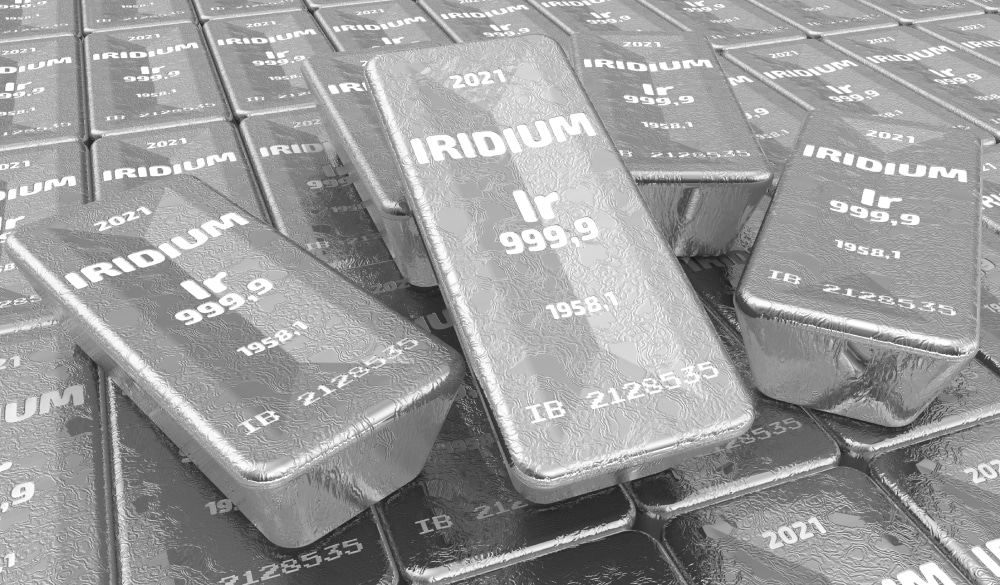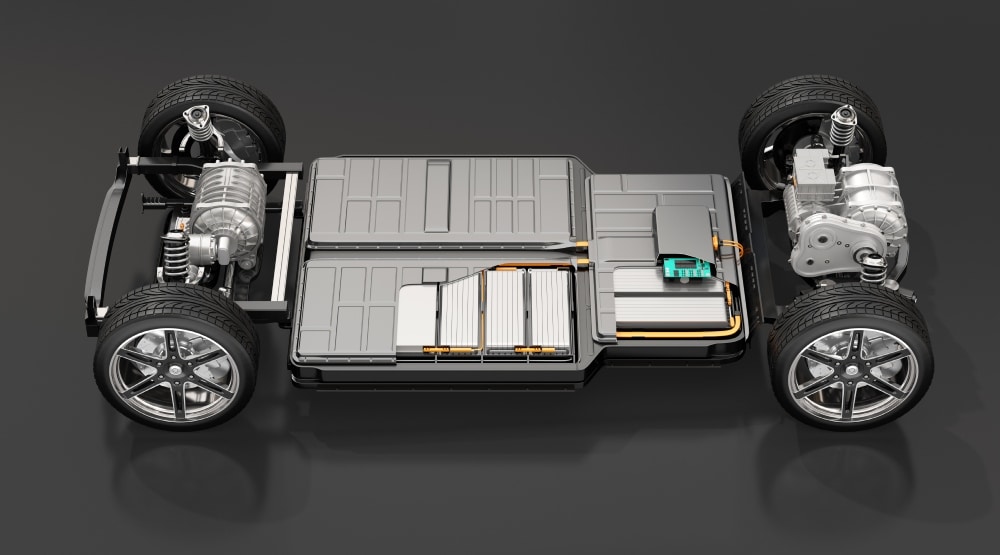Founding
IBC was founded in 1988 by, and named after, three Brigham Young University (BYU) Professors: Dr. Reed M. Izatt, Dr. Jerald S. Bradshaw and Dr. James J. Christensen (Founders), as a spin-off from the Center for Chemical Separations at BYU, following receipt of a State of Utah Centers of Excellence Program grant.
IBC’s creation stemmed from disruptive, original research at BYU by the three Founders beginning in the 1960s. This early work resulted in the discovery and quantification of principles that govern molecular (host-guest) recognition in chemical systems. Identification and elucidation of these principles were the basis for extensive synthesis of organic host compounds and the thermodynamic study of the interaction of these hosts with a large number of metal and other guest species.
Molecular Recognition TechnologyTM (MRTTM)
The term Molecular Recognition TechnologyTM or MRTTM was originated in 1988 by Steven R. Izatt to describe the application of IBC’s novel selective separation systems to real-world problems. Addition of “Technology” to “Molecular Recognition” denotes manufacture of a product and its use in an industrial process.
Rapid, Efficient and Cost-Effective Production of Pure Metals
In the mid-1990s, MRT™ systems were installed at top-tier platinum group metal (PGM) refineries in Japan at Tanaka Kikinzoku Kogyo K.K. for catalytic converter recycling and in South Africa at Impala Platinum, Ltd. for refining primary mine feed.
Introduction of MRT™ PGM refining systems marked the first disruptive innovation in PGM refining since the early widespread use of solvent extraction, ion exchange, and precipitation nearly a half century earlier.
Following these successful commercial installations, IBC’s SuperLig® MRT™ products and processes have been extensively adopted worldwide for the refining of platinum group metals (PGM).
Over the past three decades, IBC’s products, processes and services have grown to encompass markets and applications covering the periodic table of the elements.
A key metric in IBC’s growth has been the development and industrial implementation of highly selective MRT™ separation systems that generate minimal waste, have minimal carbon footprint and conserve space, time, labor, energy and chemical resources.
The power of highly selective separations is built into IBC’s products, processes and services to rapidly, efficiently and cost-effectively:
- Purify elements critical to green energy, cancer therapies and production of value-added products that are essential to the functioning of modern society
- Clean-up nuclear and other wastes
- Remove toxic elements from product, process and aqueous streams
Cancer Treatment (Targeted Alpha Therapy): 99.99% pure actinium-225
Platinum Group Metals: 99.99% pure palladium
Rare Earth Elements: 99.99% pure dysprosium
Copper Purification: Highly selective removal and recovery of bismuth impurity as a high purity (99.5%) saleable by-product
Nuclear Waste Cleanup: > 99.9975% removal of highly toxic radioactive cesium
Metallurgical Sulfuric Acid Purification: Removal of mercury to <0.1 mg/L (ppm)
MRT™ and Metal Sustainability: Foundation of the Green Revolution
The sustainable, green refining, recovery and purification of metals, including critical metals identified by the United States and the European Union, is a vital and on-going focus for IBC.
Read about metal sustainability in the classic book edited by Dr. Reed M. Izatt.
Critical and other essential metals span the periodic table and include platinum group metals, gold and silver; lithium; copper; battery metals (lithium, cobalt, nickel); rare earth elements; technology and base metals; environmentally important, recycled and toxic metals; and radionuclides.
Since 2015, iridium, a key metal for the emerging green hydrogen economy, has been refined at Sibanye-Stillwater’s South African Precious Metals Refinery using IBC’s SuperLig® MRT™ system.
In 2021, IBC was selected to supply SuperLig® MRT™ systems for refining of platinum group metals and gold by Isondo Precious Metals, an emerging South African manufacturer and recycler of membrane electrode assemblies used for fuel cells and electrolyzers, key components of the green hydrogen economy.
In 2022, green processing of battery-grade lithium, the key component of lithium-ion batteries used in electric vehicles, will be demonstrated at pilot scale at the Salar de Maricunga in Chile by SIMCO Lithium, a JV between the Chilean Errázuriz Group (55%) and the Taiwanese Simbalik Group (45%), in cooperation with Japanese company Chori, using IBC’s Direct Lithium to Product™ (DLP™) process.
IBC: Delivering Positive Environmental, Social and Governance (ESG) Impact as the Leader in Highly Selective Separations
- Exceptional value to customers
- Highly innovative and cost-effective Molecular Recognition Technology™ products and processes
- Manufacturing excellence
In Memoriam
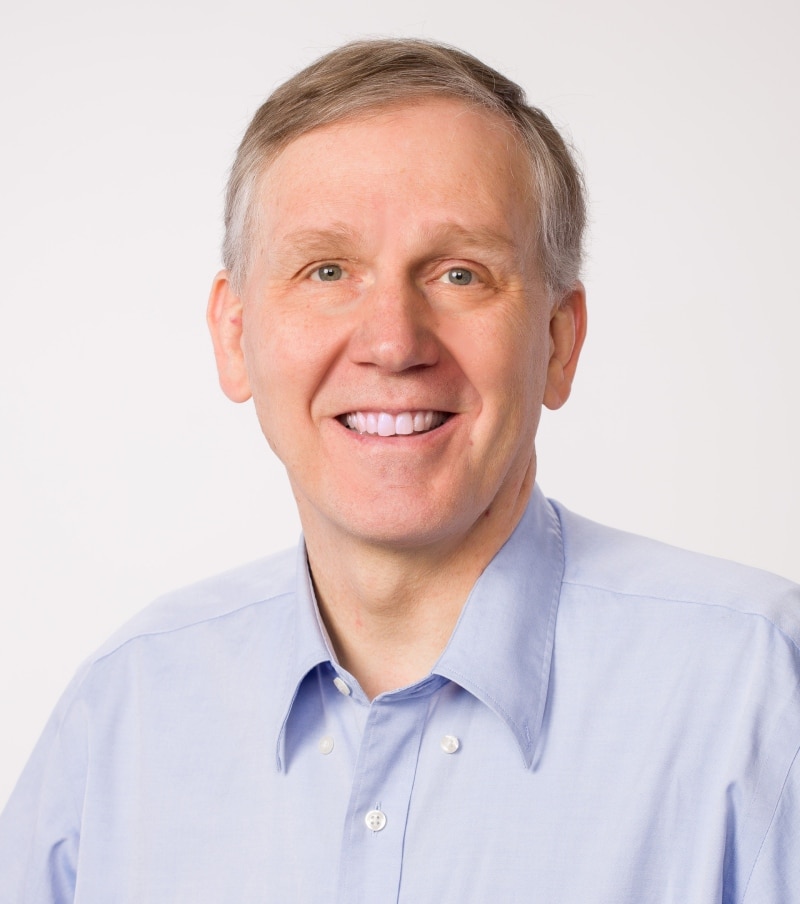
Dr. Ronald L. Bruening (1961-2024)
Past Vice President, Research and Development
From the inception of IBC, Ron led IBC’s technical team. He brought vast real-world experience to the development, design and construction of green chemistry/green engineering MRT™ separation systems. This experience included scale up of SuperLig® MRT™ systems from laboratory to pilot plant to full commercial operations for a wide range of applications worldwide. Ron was particularly skilled at working with customers to find the solutions to their separation challenges. He received, jointly with Dr. Krzysztof E. Krakowiak, the 2020 Industrial Engineering & Chemistry Fellow Award of the American Chemical Society. Ron leaves a legacy of unparalleled scientific and engineering excellence. He held degrees in Chemical Engineering (B.S.) and Chemistry (M.S. and Ph.D.) from Brigham Young University.
